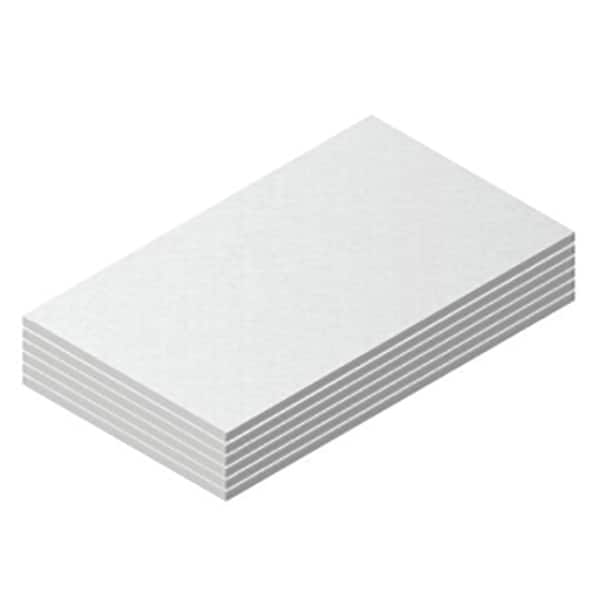The Superiority of Drywall over Plywood: A Comprehensive Analysis
2 min read
In the construction industry, the choice between drywall and plywood for interior walls is a crucial decision. While both materials have their merits, this article aims to shed light on why drywall is often preferred over plywood. By examining various factors such as cost-effectiveness, ease of installation, fire resistance, and environmental impact, we will uncover the reasons behind the widespread use of drywall in modern construction projects.
- Cost-effectiveness:
Drywall, also known as gypsum board or plasterboard, offers significant cost advantages over plywood. The manufacturing process of drywall involves gypsum plaster sandwiched between two layers of paper, making it less expensive to produce compared to plywood. Additionally, drywall installation is relatively quick and requires fewer labor hours, resulting in reduced overall project costs. - Ease of installation:
Drywall's lightweight nature and standardized dimensions make it easier to handle and install compared to plywood. With drywall, construction professionals can achieve faster installation times, leading to improved project efficiency. Furthermore, drywall can be easily cut, shaped, and fitted into various wall configurations, allowing for greater design flexibility. - Fire resistance:
One of the key advantages of drywall is its superior fire resistance compared to plywood. Drywall is composed of gypsum, a naturally fire-resistant material. In the event of a fire, gypsum releases water vapor, effectively retarding the spread of flames. This property makes drywall an essential component in building fire safety systems, protecting lives and property. - Sound insulation:
Drywall excels in providing sound insulation, making it an ideal choice for residential and commercial spaces. The gypsum core of drywall effectively absorbs sound vibrations, reducing noise transmission between rooms. Plywood, on the other hand, lacks the same sound-dampening properties, making it less suitable for applications where noise control is essential. - Environmental impact:
In recent years, sustainability has become a significant concern in the construction industry. Drywall offers environmental advantages over plywood due to its lower carbon footprint. Gypsum, the primary component of drywall, is abundant and widely available. Additionally, the manufacturing process of drywall requires less energy and produces fewer greenhouse gas emissions compared to plywood production.
Conclusion:
Considering the cost-effectiveness, ease of installation, fire resistance, sound insulation, and environmental benefits, it is evident why drywall is the preferred choice over plywood in modern construction projects. Its versatility, affordability, and superior performance make it an indispensable material for creating safe, efficient, and aesthetically pleasing interior spaces. By opting for drywall, construction professionals can ensure high-quality results while meeting the demands of both clients and industry regulations.
